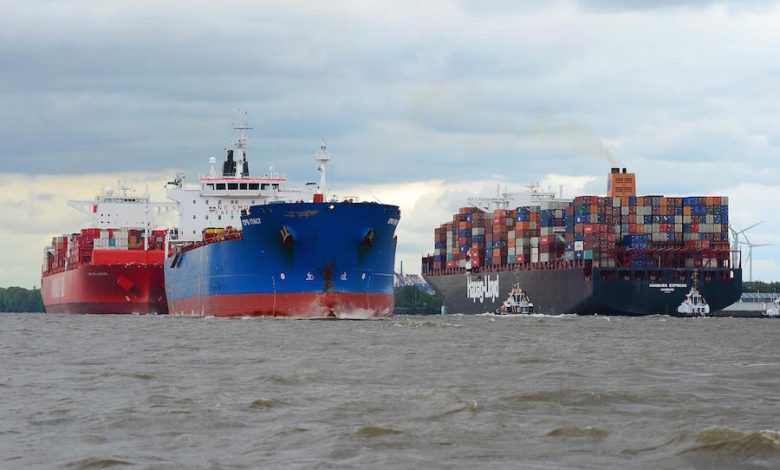Cloud potential dawns on shipping

Alexander Buchmann, managing director of Hanseaticsoft, gives readers important tech advice.
Earlier this year, maritime leaders at the Sea Asia 2017 conference called for the industry to proactively prepare for future challenges, to remain competitive and relevant in today’s volatile market environment and to future-proof the industry.
They also stressed the need for the shipping industry to gain a better understanding of the impact of technology.
At a time when the shipping industry is experiencing excess supply together with falling demand, against a global economic slowdown, particularly in China – embracing modern technology could be the solution to ensuring long-term profitability.
However, in a complex industry known for being conservative and slow to adopt modern technology, are companies aware of the possibilities?
Global management consultant McKinsey highlighted recently that rapid technological advances in digitisation and data and analytics have been reshaping the business landscape, supercharging performance and enabling the emergence of new business innovations and new forms of competition and business disruption.
Like them our view is that technologies used in other sectors can be applied to shipping and that there is a huge opportunity to accelerate the digital transformation of the shipping industry, to streamline business and management processes and for companies to achieve greater efficiencies and profitability.
We are already seeing cloud technology being embraced by some of the world’s leading shipping companies who are introducing affordable and accessible cloud platforms into their business to drive smarter, faster and more effective processes.
Companies are using cloud technology to optimise their fleet management, automate processes such as crew management and to centralise their data and information to improve communication between staff on ships and on shore, accelerate their processes and improve their decision-making.
One of the key advantages of the cloud is that information can be stored centrally and made accessible for everyone and other systems and processes can also be integrated into the same platform too. Having a single portal for all data allows operators to gain a complete overview of their fleet, schedules, contact details and all operations and this can transform how they manage their businesses.
The benefits of cloud technology are numerous. They include the ease of data access and the availability of information regardless of time or location. Additionally, the cloud makes it much easier to integrate external systems and processes, through interfaces (APIs), e.g. web hooks into each other.
Shipping companies like the Peter Döhle Group already trust in modern cloud-based software to manage and monitor their fleets.
Having up to date and reliable information available in real time supports better decision making and is helping companies like the Peter Döhle Group to reduce costs, increase their return on investment and drive economies of scale from a single ship to the fleet.
It’s expected that more companies will follow their lead over the next few years in a bid to gain competitive edge and ensure their long-term survival and profit. Early adopters who grasp this technology will be able to transform and futureproof their business – just as those in other industries have been able to do.
